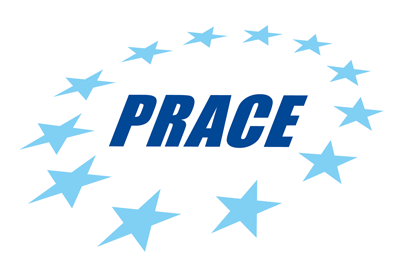Object-Oriented Programming with Fortran @ EPCC at STFC Daresbury
Date: 27 - 28 February 2018
Object-Oriented Programming with Fortran
This course provides an introduction to Object-Oriented Programming (OOP) with Fortran. Fortran is often used for scientific applications, but applications are mainly developed using the standard procedural programming techniques that Fortran was initially designed for.
OOP is a programming methodology designed to enable safe and reusable programming, coupling procedures with the data they operate on in classes and using them as objects. More commonly associated with large programs, and programs written in industry/companies, there are many scientific applications that become very large and long-lived and therefore could benefit from such programming techniques to make development, maintenance, and extension of the code simpler and safer.
Whilst Fortran is generally viewed as a procedural programming language there are features in the most recent versions of the Fortran standards (90, 95, and 2003) that enable development in OOP or OOP-like ways. We will introduce these language features and discuss/explore how they can be used in scientific applications.
Familiarity with a Unix or Linux environment is assumed, and some experience with Fortran is advisable for getting the most out of the course material.
Trainer
Adrian Jackson
Adrian Jackson is a Research Architect at EPCC, where he works on a range of different research, from investigating new memory hardware and programming models, to optimising and porting parallel codes, and working with application scientists to enable their computational simulation or data analysis. He also teaches on EPCC's MSc in HPC, giving lectures on Programming Skills, HPC Architecture, and Performance Programming.
Details
Topics include: object-oriented programming, fortran modules, datatypes, polymorphic variables and procedures, constructors and destructors, and inheritance.
Intended learning outcomes
On completion of this course students should be able to:
Develop modularised Fortran programs.
Define new datatypes and operators in Fortran.
Understand basic OO concepts and strategies.
Develop OO programs in Fortran.
Compile and run Fortran programs on ARCHER.
Understand basic design trade-offs for OOP in Fortran.
Prerequisites
Whilst there are no prerequisites for this course, a familiarity with a Unix or Linux environment is assumed and to fully benefit from the course some familiarity with Fortran programming would be beneficial.
Timetable
Details are subject to change, but start, end and break times will stay the same.
Day 1
09:30 Introduction to Fortran
10:15 PRACTICAL: Fortran programming
11:00 BREAK
11:30 Introduction to Object Oriented Programming
12:00 PRACTICAL: Designing an object oriented program
12:15 Modules
13:00 BREAK: Lunch
14:00 PRACTICAL: Modules
14:30 Derived types and operators
15.00 PRACTICAL: Derived types
15:30 BREAK
16:00 PRACTICAL: Continuing practicals
16:30 CLOSE
Day 2
09:30 Classes and data visibility
10:15 PRACTICAL: Fortran classes
11:15 BREAK
11:45 Inheritance and overloading
12.30 PRACTICAL: Generic classes and extensions
13.00 BREAK: Lunch
14.00 Design and performance considerations
14.45 PRACTICAL: Continuing practicals
15:15 BREAK
15:45 Further features
16:15 Summary
16:30 CLOSE
Course Materials
Slides and exercise material for this course are available here.
Event types:
- Workshops and courses
Activity log

